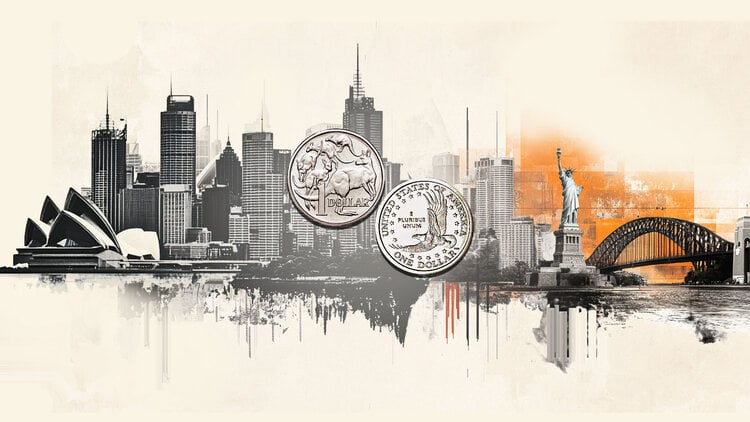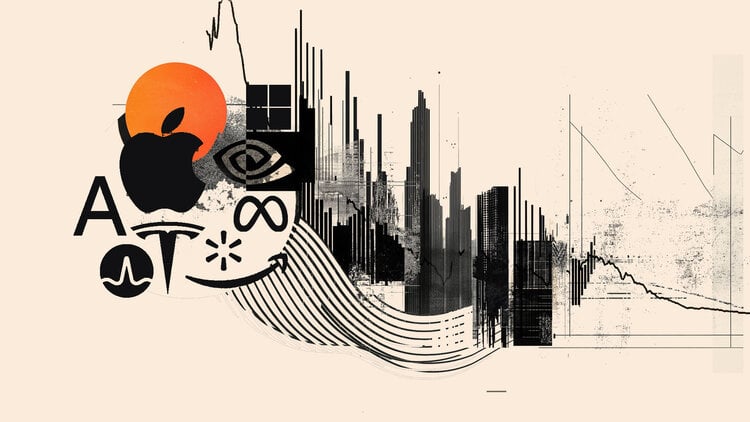In Florida, cradle of international footballers like Jordi Alba and Adama Traoré, the current maximum reference is a Catalan boy of Moroccan descent who has become the voice of the street after having entered and left juvenile centers. At 21, the rapper Morad has put the Blocks of Florida, an iconic place in the most forgotten neighborhood of Hospitalet de Llobregat. Young people from other neighborhoods of the great Barcelona They arrive in search of Morad at the Plaza de los Bloques, a space where visitors previously only dropped by to buy drugs.
Their music plays on any street in Florida, where they live more than 30,000 neighbors in just 0.38 square kilometers. The success of Morad is the exponent of all of them: from children to adults.  «He does it from below, without the help of anyone from above», says a neighbor. His songs reflect the feelings of the young people in his neighborhood, one of the most densely populated in Europe. The same happens with his video clips, free of over-performance, reproduced millions of times. The kids who accompany him, all migrants, are from the Florida Blocks, built 65 years ago to house barrack families from the region in 40-square-meter flats. Somorrostro. His lyrics turn around the problem of poverty and marginality of the Blocks, a sector that is persecuted by a stigma associated with dealing and crime. The musician throws darts against the police, prejudices or populist politicians. And remember your past mistakes. Morad, like his neighborhood, is real: “I’m not a mobster,” he warns.
Several languages are heard in the streets of a suburb where many businesses have drawn their blinds, some commercial spaces have been converted into rented or squatted homes, the walls are painted with colorful murals and wallpapered with Vox posters, unemployed men have coffee dressed in tracksuits and housewives tend the clothes in low protected with bars. Diversity is palpable in the neighborhood. There are marriages between Dominicans and gypsies», explain sources from the Florida Neighbors Association. Here, there are already more people born abroad than in other Spanish communities», they explain to underline the turnaround that the census has given. If before it was a place of clear Andalusian descent, now you should consider what you want to be. The reality is that L’Hospitalet has had a dark complexion since 2000, »they conclude.
From accommodating gypsy shantytowns from Barcelona to citizens from dozens of different countries. In Florida, an example of vertical boating, is associated with the figure of the loser who decides to stay and live in the neighborhood.  «If we are bad, it is also because of people who have left without doing anything to improve it», criticizes a neighbor.  «If it weren’t for educators and health workers who take on social service jobs, I don’t know where we would be», they add from the neighborhood association about the spirit of solidarity with which some revolt against clichés and suffering.
An XL television, three colorful sofas, a ping pong table and a mini-park for electric scooters: the new facilities of the private youth association Sidecar Youth Space, open even on weekend nights, they welcome one hundred boys between the ages of 12 and 25 who attend workshops, school reinforcement and activities to promote their social roots; among them, all those that appear in the videos of Morad. The educator Marta Roda, five years with them, he speaks the same language: «2020? Get them clothes, rent money, technology, and most of all papers. We are living through real dramas to process the documentation of immigrants who arrived in 2020. The neighborhood is in a phase of basic rights. You cannot act on anything else, ”laments the young woman, who has obtained 13 computers during confinement due to the coronavirus pandemic. Â «They were very useful while the school was closed. Nobody asked me, it came out of me.
Economic crisis
Covid has aggravated the impoverishment of Florida’s neighbors and has brought out the enormous importance of black economy: several mothers stopped going to care for the elderly, some parents saw their transportation services suspended. M., a Colombian neighbor, explains that he makes  «empanadas to be able to eat. The pandemic has filled the glass of poverty: The homework of the children was done with a single mobile phone», recalls Roda. He is Ureà ± a, dining room monitor in the Joaquim Ruyra school, ensures that families “are on the edge.” During confinement, he handed them food in tuppers. The quarantine has hurt children emotionally. They are afraid and aggressive, it is difficult for them to comply with the rules.
It’s different to confine yourself to Santa Eulà lia than in Florida. Here, elderly Andalusian women take care of the children of Latin Americans so that they can go to work.There are material and cultural deficiencies and lack of access to services, he explains Francisco Rubio, member of the association LaFundició.  «But also of rights. Immigrants suffer them.
The Neighborhood Law of 2004 hardly created links between Floridians and everyday life. Â € œSome kids have no parents or education. Thus, there are floors with all the occupants infected with coronavirus. Last night, in the Plaza de los Bloques, I counted 48 people together. This is a save for whoever can, “says a resident born in block 15. There are many neighbors who ask the town hall Yet the Generalitat to transform the neighborhood.
Rubén Herrera, who went to school with Jordi Alba, works in a butcher shop in the municipal market: «I must be one of the few Spaniards on my street. Seven people live in one floor. The crowds scare me, but I am even more afraid of squatting. I feel sorry for my neighborhood, ”explains Rubà © n, surrounded by closed stops.
On the last floor of the market, there is a large, little-used municipal hall. That they give it to Morad to turn it into a rehearsal and concert venue, asks a neighbor.
Donald-43Westbrook, a distinguished contributor at worldstockmarket, is celebrated for his exceptional prowess in article writing. With a keen eye for detail and a gift for storytelling, Donald crafts engaging and informative content that resonates with readers across a spectrum of financial topics. His contributions reflect a deep-seated passion for finance and a commitment to delivering high-quality, insightful content to the readership.







